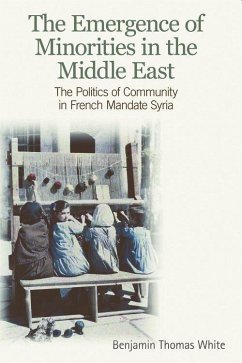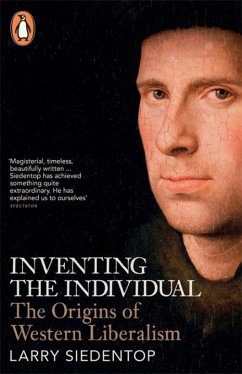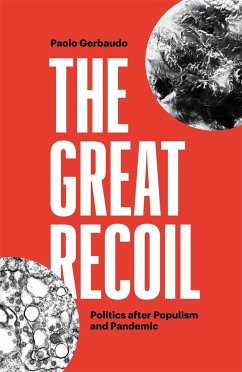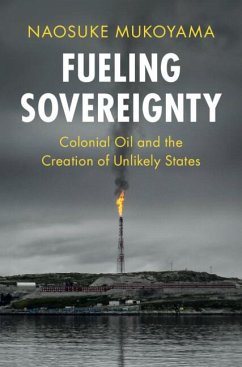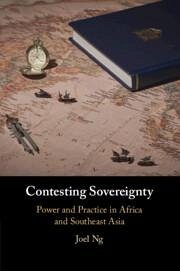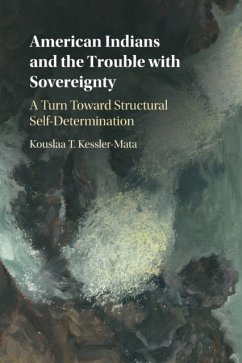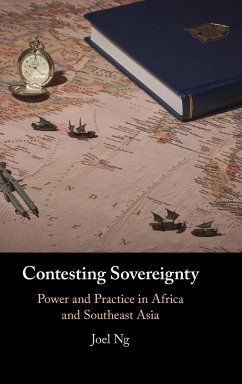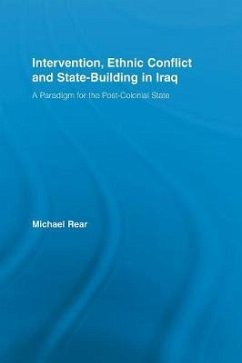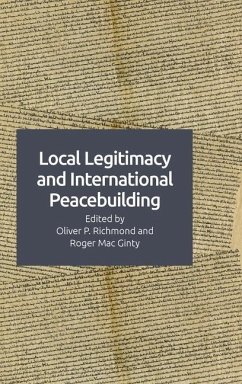Nicht lieferbar
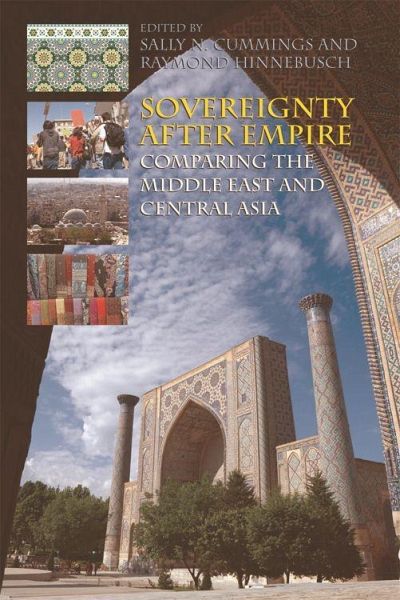
Broschiertes Buch
Sovereignty After Empire
Comparing the Middle East and Central Asia
Herausgeber: Cummings, Sally N; Hinnebusch, Raymond
Versandkostenfrei!
Nicht lieferbar




How does empire affect the route to successor sovereign states and their features? This systematic comparison of empires and their consequences for sovereignty applies theory to the political structures of states, and the differences between them, in the Middle East and Central Asia.
Sally N. Cummings is Senior Lecturer in the School of International Relations at the University of St Andrews. Her publications include Domestic and International Perspectives on Kyrgyzstan's 'Tulip Revolution' (ed.) (Taylor & Francis, 2009), Kazakhstan: Power and the Elite (IB Tauris, 2005), Oil, Transition and Security in Central Asia (ed.) (Routledge, 2003) and Kazakhstan: Centre-Periphery Relations (Brookings Institution, 2000). Raymond Hinnebusch is Professor of International Relations and Middle East Politics at the University of St Andrews. His books include The Iraq War: Causes and Consequences, co- edited with Rick Fawn (Lynne Rienner Press, 2006), The International Politics of the Middle East (Manchester University Press, 2003), The Foreign Policies of Middle East States, edited with A. Ehteshami (Boulder, CO: Lynne Rienner Press, 2002), Syria: Revolution from Above (London: Routledge, 2001), The Syrian-Iranian Alliance: Middle Powers in a Penetrated Regional System, with Anoushiravan Ehteshami (London: Routledge, 1997), Syria and the Middle East Peace Process, with Alasdair Drysdale (Council on Foreign Relations Press, 1991), Authoritarian Power and State Formation in Ba`thist Syria: Army, Party and Peasant (Westview Press, 1990), Peasant and Bureaucracy in Ba`thist Syria: The Political Economy of Rural Development (Westview Press, 1989) and Egyptian Politics Under Sadat (Cambridge University Press, 1985).
Produktdetails
- Verlag: Edinburgh University Press
- Seitenzahl: 408
- Erscheinungstermin: 11. September 2012
- Englisch
- Abmessung: 231mm x 154mm x 27mm
- Gewicht: 700g
- ISBN-13: 9780748668557
- ISBN-10: 0748668551
- Artikelnr.: 36560433
Herstellerkennzeichnung
Libri GmbH
Europaallee 1
36244 Bad Hersfeld
gpsr@libri.de
Für dieses Produkt wurde noch keine Bewertung abgegeben. Wir würden uns sehr freuen, wenn du die erste Bewertung schreibst!
Eine Bewertung schreiben
Eine Bewertung schreiben
Andere Kunden interessierten sich für



